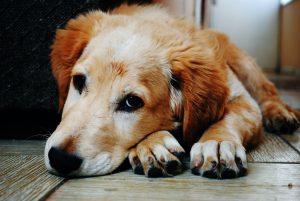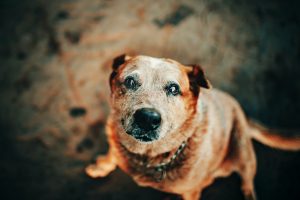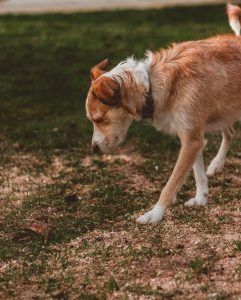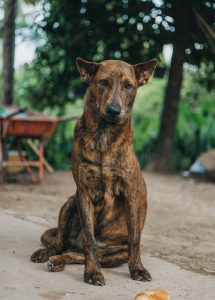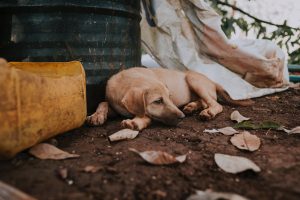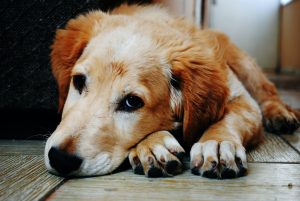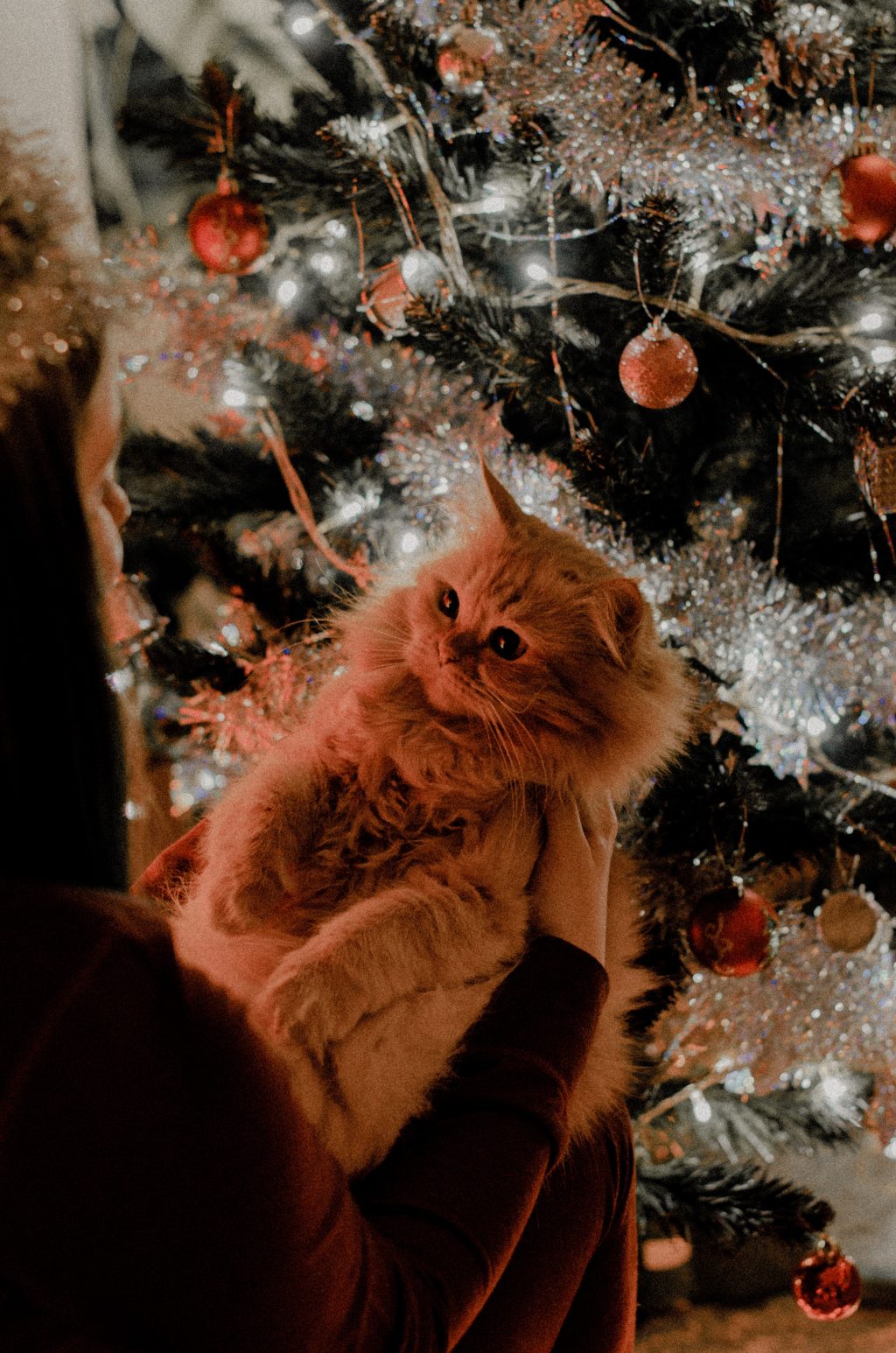
Posts by:
Dr. Jeff Werber, DVM
Dog Checkups & Preventive Care
The holidays are coming. Time to relax, celebrate, and to spend time with family and friends. Time to eat, exchange gifts, and eat some more. This is great for you and your crew, but what about your four-legged kids? After all, they too, are part of the family and you certainly don’t want to exclude them from the festivities. The fact is, if you’re not careful and don’t plan ahead, they may ruin some of those good times!
Though not always obvious, there may be many potential hazards associated with the holidays. Some of the more common ones involve the food, the tree, the decorations, the treats, and even your presents. A less obvious problem is that by not including pets in the fun festivities you risk ruining their psyche.
We all eat too much during the holiday season! The issue isn’t always how much we eat (that’s a given!) but what we eat. Many holiday foods are fatty or greasy — the ham, the turkey (dark meat and the skin), the potato pancakes (deep fried), the gravies, and the snacks (chips, nuts, candy, etc.). Other inherent food dangers are wrappers and bones which can lodge in the throat and cause choking, and toxins like chocolate, walnuts, and avocados. Even if the food itself isn’t dangerous, the volume certainly can be. As with us, obesity is a major concern for our family pets — over 40% of our dogs and 25% of our cats are overweight. And yes, it is a lot easier to put the weight on than it is to take it off! Sound familiar? Anything you can do at home to keep their feeding routines unchanged during holiday time and to keep them away from your food or leftovers will make things much easier for you and for them later on. To keep Felix off the table or to prevent Scruffy from drooling all over your own or your guest’s laps, I recommend feeding them at the same time that you are eating. If necessary, you can keep them out of the dining room altogether, but I don’t let them them feel left out if you can help it. If they are permitted to “hang” with you, please make sure your guests (and your kids) don’t give in to those sad eyes and feed them scraps from the table. Trust me, you do not want to deal with a vomiting dog or cat, or a bout of pancreatitis during this otherwise festive time of year. Preventing a problem is much easier (and cheaper) than treating it!
So, what’s the story with the tree and decorations? Where do I begin? Let’s start with the lights. Many dogs, cats, and even bunnies like to chew on exposed wires. Biting into 120 volts is no fun! It is very important to cover up any exposed wires and to keep them high and out of reach. Another solution (my favorite) is to find Christmas tree lights, usually through catalogs, which run on a few D or 9-volt batteries instead of on household current. There are also some that run off of a 12 volt converter, so the current is 12 volts instead of 120 volts. Other tree hazards are tinsel, which cats love to chew on and that can cause a string foreign body in an intestine. Glass balls, which look like tennis balls when hanging from the tree, are a prime target for any dog who loves to retrieve; I would suggest spraying the balls with some sort of deterrent or hanging them high out of your pet’s reach. Holiday candles, like Chanukah candles should never be unattended. Likewise small objects, like dreidels and small tree ornaments should be kept away from pets as these are choking hazards; a great way to keep pets away from the tree and ornaments is to surround it in an exercise-type pen. Place chicken wire around it, lay commercial grade double sided tape around the tree, or use a Scat Mat which delivers a very low electric impulse when stepped on. It is also suggested to try to anchor the tree to a nearby wall or to the ceiling to prevent it from tipping over. Many holiday plants like mistletoe, holly, and poinsettia also pose a threat as potential toxins. Keep them out of your pet’s reach as well.
Having a lot of company may be fun for you and your kids but it may be very stressful for your pooches and kitties. If you don’t think they can handle the excitement, you may want to confine them to a quieter room. Make sure they have proper identification tags on just in case they seize the opportunity to bolt through an open door. Keep a close watch on your dogs around unfamiliar children, as even the most mellow, socialized dogs might panic and bite if they feel overwhelmed or cornered by many new faces.
What about presents? Well, don’t forget to take care of Felix and Fido also. You don’t want them to feel left out! Check with your veterinarian for some good, safe, and even therapeutic toys for your pets. There are many products available which can safely keep your pets busy for hours as well as keep their teeth and gums in tip-top shape.
Lastly, even with the best planning and most conscientious care, accidents do happen. Make sure you keep your veterinarian’s number handy as well as your local 24 hour emergency facility just in case.
Now that you know the secrets for a safe and enjoyable holiday season for your pets, I’d like to extend my wishes for a Happy Holiday season to you and to your two and four legged kids.

